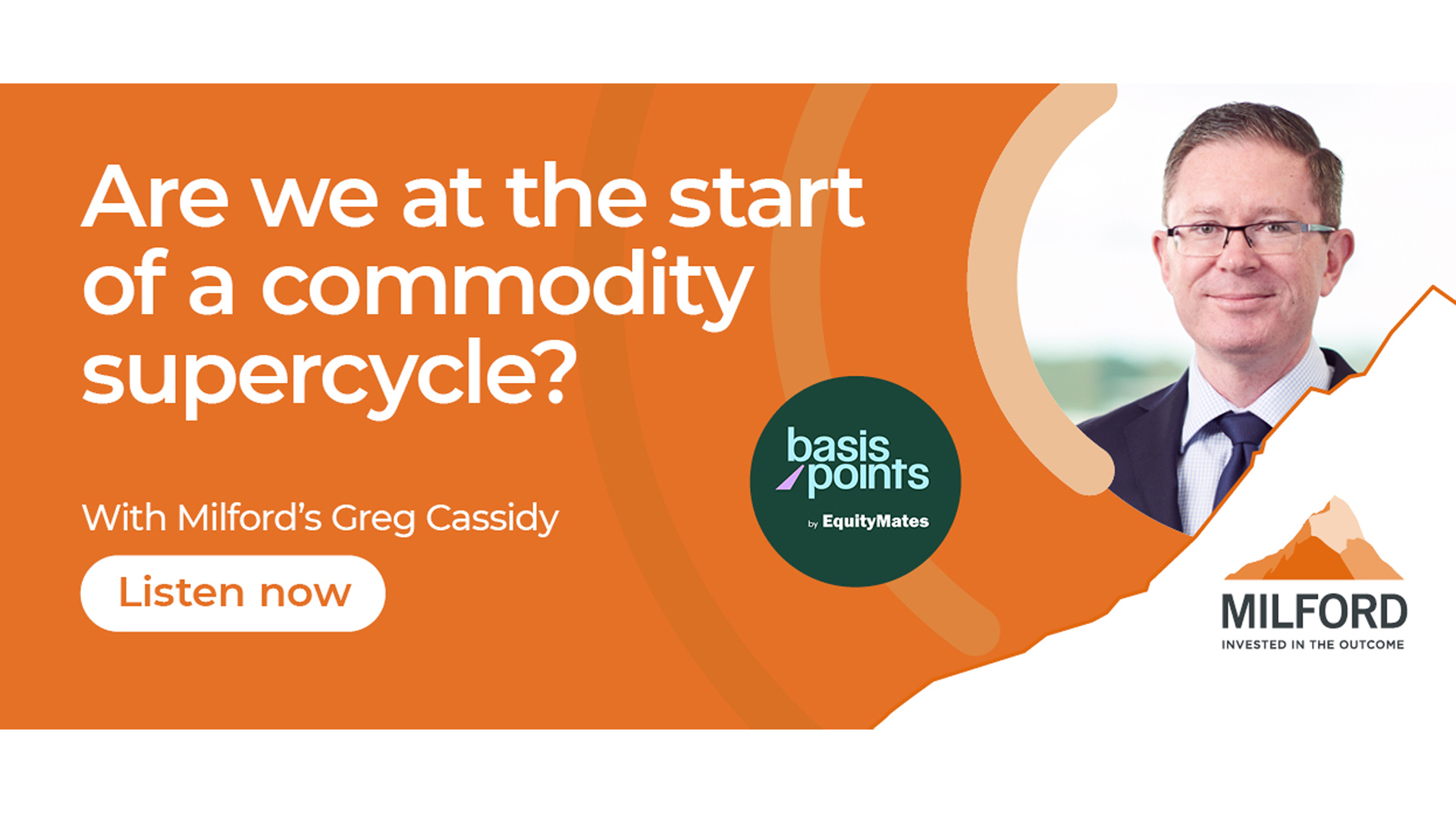The various combinations of personal traits and Behavioural Economics combined with economic and social circumstances can manifest in people as Money Archetypes.
Understanding your client’s Money Archetype (or a combination thereof) will reveal your client’s perspectives about money and uncover the traits driving their financial decisions. This, in turn, will help you deliver more effective financial advice. While there are various money type methodologies, the ‘8 type’ model developed by the Money Coaching Institute* is preferred by many local advisers.
Below are the eight Money Archetypes explained in more detail.
The Innocent
As children, we start as Innocents. The ‘Innocent’ archetype type feels overwhelmed and reacts by burying their head in the sand, avoiding bills, Superannuation statements, bank and credit card statements, and indeed anything relating to money. They feel powerless and anxious and will be immobilised around money matters without the opinions and guidance of others.
The Victim
The Victim blames their money challenges on some event or combination of factors from earlier in life (money wounds). The recognition that they need help is countered by the shame of believing they can’t help themselves. They may feel entitled to rescue of some form – because of all the wounds they have had to bear.
Addictions, such as gambling, shopping, or substance abuse, are common signs of this money type and can sabotage their sense of financial well-being and security.
The Warrior
The Warrior sets out to conquer the money world and is generally seen as successful in the business and financial worlds. Warriors are adept investors, focused, decisive, and in control. Although Warriors will listen to advisers, they make their own decisions and rely on their instincts and resources to guide them.
The Martyr
Martyrs are often so busy taking care of other’s needs that they neglect their own. Financially speaking, Martyrs generally do more for others than for themselves. They often rescue others (a child, spouse, friend, partner) from some circumstance. They may even take on a higher-paying job that they don’t like, so others around them can live well.
The Fool
The Fool is a blend of the Warrior and Innocent money types – combining bold moves and risk-taking without real thought about the risks or consequences involved. They typically have a strong desire for financial success but resist doing the consistent, backend work to get there. A search for financial shortcuts such as lotto wins or ‘get rich quick’ schemes may be a part of their plan! They tend to be eternal optimists regardless of the circumstances and are more focused on the ‘here and now’ rather than future outcomes.
Creator/Artist
Creator/Artists have a conflicted relationship with money, believing it undermines their desire to be on a more spiritual – less materialistic – path. This money type is often seen in creative entrepreneurs, spiritualists, non-profit employees, and people on a creative, artistic, or spiritual path. They love money for the freedom it buys them, but paradoxically, their negative beliefs about materialism block the freedom they so desire.
The Tyrant
Tyrants hoard money and use it to control people, events, and circumstances. They may experience never being at peace with money, never having enough, and never feeling complete or comfortable with what they have – even when they have an overabundance of money and all that they desire. Successful entrepreneurs often exhibit this type.
The Magician
The Magician is the ideal money type, exhibiting a spiritual-like awareness around the energy, the flow, and the deeper roles of money in their life. They are adept with their feelings and interactions with money, having previously become conscious of the patterns and behaviours preventing them from having a healthy relationship with money. Magicians are confident they can create the financial reality they desire, growing money in ways aligned to their values.
Delivering financial advice effectively requires understanding which type, or types, a person exhibits at a point in time. They may display different types at different points in their lives and can be coached out of and into different types.
If you are interested to learn more, Milford’s recently published whitepaper for Financial Advisers titled ‘Financial Advice Reimagined’, explores how clients interact with their advisers and the advice process itself. We also explore the financial benefits as well as the psychological value clients get from it and how a coaching-based advice process compares with a standard advice process.
Download the full Financial Advice Reimagined Whitepaper to find out more.



